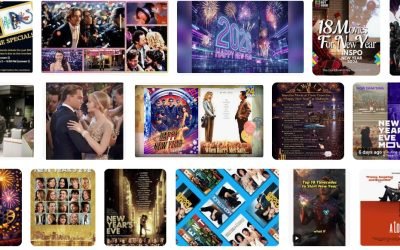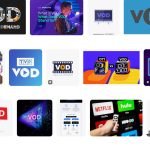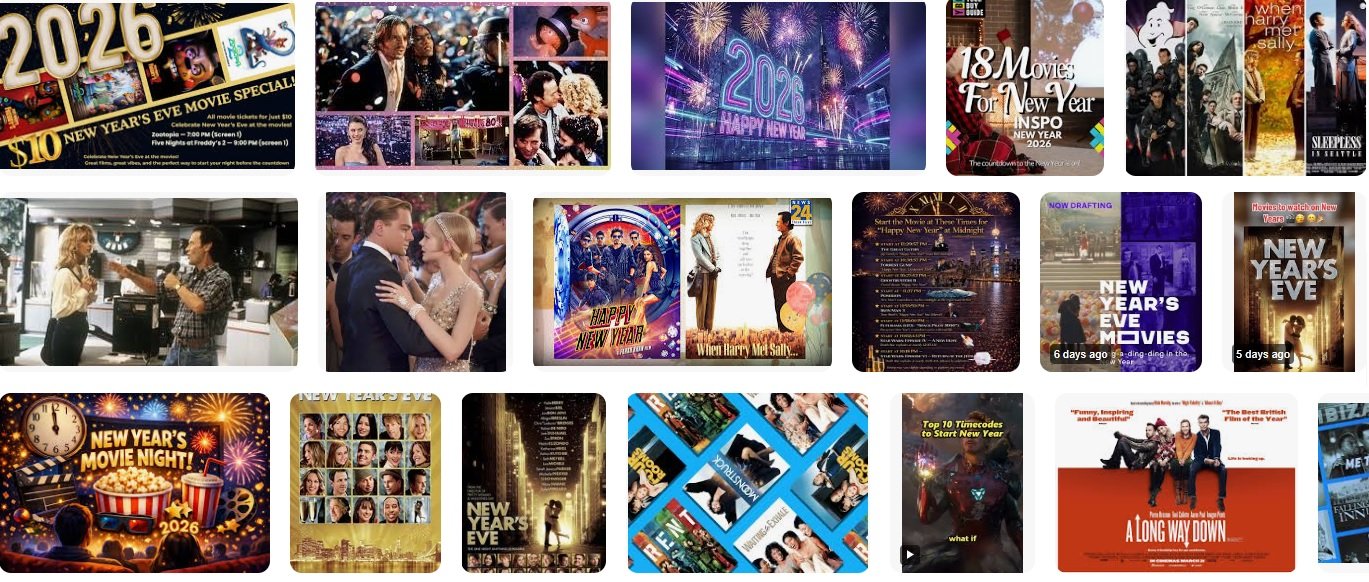Over the last decade, there has been a seismic shift in consumer behavior, particularly as it pertains to the media and entertainment industry. With the rapid advancement of mobile technology, audiences have increasingly turned away from traditional media consumption methods, such as cable television, favoring a more accessible and flexible approach to viewing. This transformation highlights the importance of mobile apps in catering to the evolving demands of consumers, who now prioritize on-the-go entertainment at their convenience.
The decline of traditional cable television can be attributed to a combination of factors, primarily the growing ubiquity of smartphones and tablets. As users integrate these devices into their daily lives, the appeal of mobile apps becomes evident. Viewers are no longer restricted by predetermined broadcasting schedules; they can watch their favorite shows and movies whenever and wherever they choose. This shift not only reflects a change in preferences but also underlines the necessity for content providers to develop robust and user-friendly mobile applications.
Furthermore, the rise of mobile viewing habits has led to the phenomenon of binge-watching, where audiences consume multiple episodes of a series in one sitting. Mobile apps have facilitated this behavior by offering functionalities such as personalized recommendations, seamless streaming capabilities, and user-friendly interfaces, which allow for easy navigation and content discovery. This transformation in viewing habits demonstrates the pivotal role that mobile applications play in reshaping the landscape of the media and entertainment industry. As consumers continue to embrace mobile technology, it is essential for companies to adapt and innovate in order to meet the ever-changing preferences of their audience.
Increased Accessibility and Convenience
Importance of Mobile Apps have dramatically changed the landscape of the media and entertainment industry, offering unparalleled accessibility and convenience to consumers. One of the standout features of mobile apps is on-demand viewing, which allows users to watch their favorite shows and movies at any time, from virtually anywhere. This flexibility caters to the fast-paced nature of modern life, enabling users to adjust their entertainment schedules according to their individual needs and preferences.
Additionally, many mobile apps provide offline access, which proves invaluable for those who may not always have a reliable internet connection. Users can download content to their devices, ensuring they can enjoy entertainment while traveling, commuting, or in areas with limited connectivity. This level of accessibility empowers consumers to enjoy a wide range of media without disruptions, further enhancing the appeal of mobile apps in the media and entertainment sector.
Personalized recommendations are another significant aspect of mobile applications. By utilizing advanced algorithms, these apps analyze user preferences and viewing habits to suggest relevant content. This tailored approach not only improves user satisfaction but also encourages consumers to explore new genres and titles they might otherwise overlook. As a result, users are more likely to engage with a variety of offerings, fostering a broader appreciation for different aspects of the media and entertainment industry.
Furthermore, push notifications for new content releases keep users informed and engaged. By alerting subscribers to the latest arrivals or updates tailored to their interests, mobile apps create a seamless integration of entertainment into busy lifestyles. This timely communication caters especially to the demands of modern family dynamics and work schedules, ensuring that users remain connected to their favorite media regardless of how hectic life becomes.
Importance of Mobile Apps in Engagement and Interactivity
In today’s digital landscape, mobile apps are crucial for fostering engagement and interactivity within the media and entertainment industry. These applications empower users to connect with content in a manner that traditional media cannot, thereby enhancing viewer loyalty and satisfaction. One of the critical functionalities offered by mobile apps is live streaming, which allows audiences to experience events in real-time, thereby creating a sense of immediacy and involvement. This engagement not only captivates users but also opens avenues for real-time interaction through comments, shares, and reactions.
Social sharing functionalities within mobile apps further amplify engagement levels. By enabling users to easily share their favorite shows, movies, or music with friends and family, these apps facilitate a viral spread of content. The ability to share recommendations fosters a community around the media, making it more likely for users to become loyal consumers. This sense of belonging is particularly important in the media and entertainment industry, where shared experiences can significantly enhance the enjoyment of content.
Additionally, the incorporation of gamification elements within mobile applications has revolutionized user interaction. Features such as quizzes, badges, and leaderboards not only entertain but also inspire users to participate more actively. This increased interactivity encourages users to spend more time within the app, thereby deepening their immersion in the content offered. User-generated content is another vital aspect that bolsters engagement, allowing users to contribute their own ideas and opinions, thus creating a two-way communication channel between the media and its audience.
Overall, the various interactive features integrated within mobile apps are instrumental in increasing audience engagement. They transform passive viewers into active participants, forging stronger connections with the media and entertainment content they consume. This dynamic environment not only retains audience attention but also cultivates a robust community centered around shared interests.
Revenue Generation and Business Opportunities
The advent of mobile apps has significantly transformed the landscape of the media and entertainment industry, particularly in the domain of revenue generation. One of the most prominent business opportunities that mobile applications present is through subscription-based models. Companies are now able to offer users access to exclusive content, live events, and premium features on a monthly or annual basis, ensuring a continuous revenue stream. Notably, the proliferation of mobile apps has facilitated the rise of platforms that allow consumers to tailor their entertainment experience according to individual preferences, thereby enhancing user engagement and loyalty.
In addition to subscription models, in-app purchases have emerged as a substantial avenue for generating revenue within the media and entertainment sector. Mobile apps often provide consumers the option to buy virtual goods, unlock additional content, or access special features directly within the app. This not only enhances the user experience but also creates monetization opportunities for developers and creators, allowing for a diversified income stream beyond initial app sales or subscriptions.
Furthermore, targeted advertising has become an essential component of mobile apps in the media and entertainment industry. By leveraging user data analytics, companies can deliver personalized advertisements that resonate with individual viewers’ preferences and consumption habits. This data-driven approach not only maximizes the effectiveness of advertising campaigns but also significantly increases the potential for higher returns on investment, as brands are more likely to engage with an audience that is already interested in their offerings.
Overall, mobile applications have reshaped revenue generation strategies and opened new business opportunities for media companies. Through innovative subscription models, effective use of in-app purchases, and precise targeting of advertisements, the media and entertainment industry can enhance profitability while simultaneously enriching the user experience. As mobile apps continue to evolve, their importance in this sector is likely to expand even further.
















